Showing 25–36 of 40 results
-
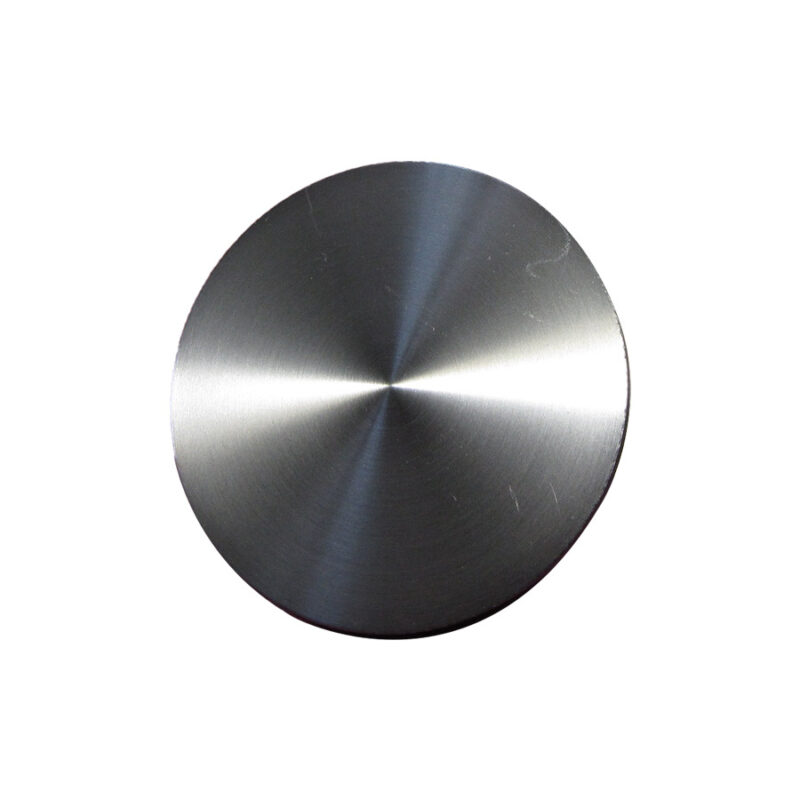
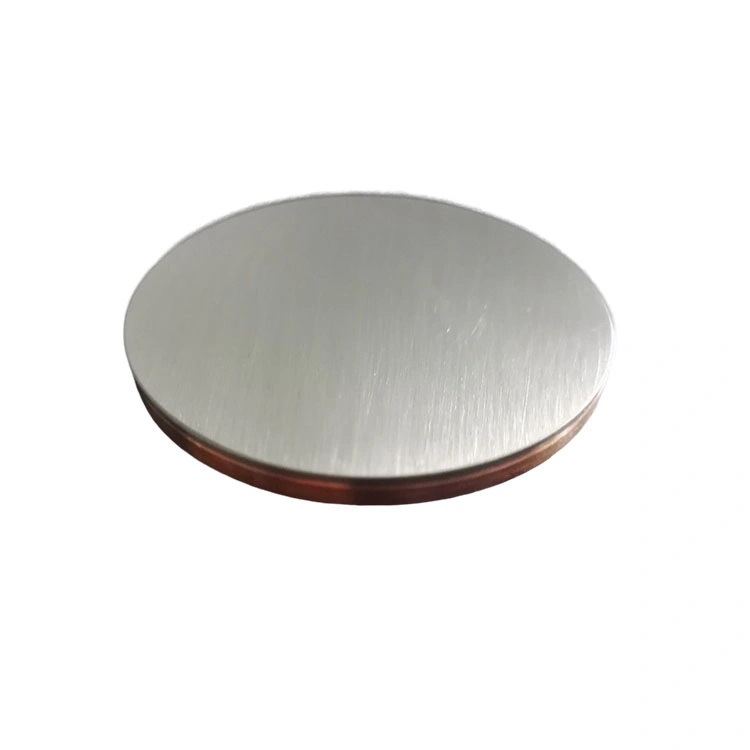
Palladium (Pd) sputtering targets are widely used in physical vapor deposition (PVD) processes to create thin films and coatings for various high-tech applications. Palladium, a precious metal in the platinum group, is known for its excellent catalytic properties, high conductivity, and strong resistance to corrosion and oxidation.
-
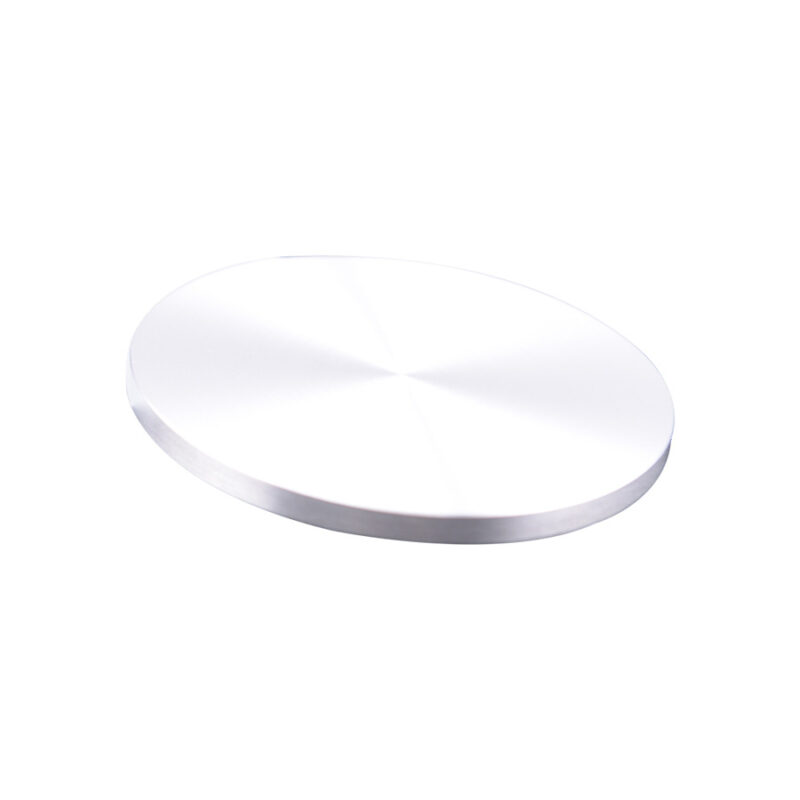
Praseodymium sputtering targets are essential for creating thin films with specialized magnetic, optical, and electrical properties, making them valuable in advanced technological applications such as permanent magnets, lasers, display technologies, and specialized alloys. Despite its rarity, praseodymium’s unique characteristics offer significant benefits in cutting-edge industrial and scientific applications.
-
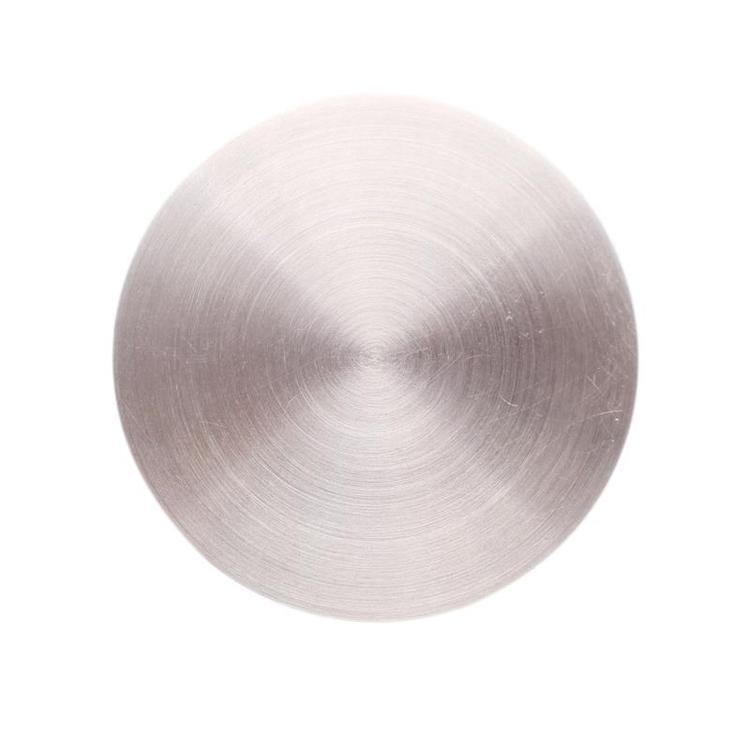
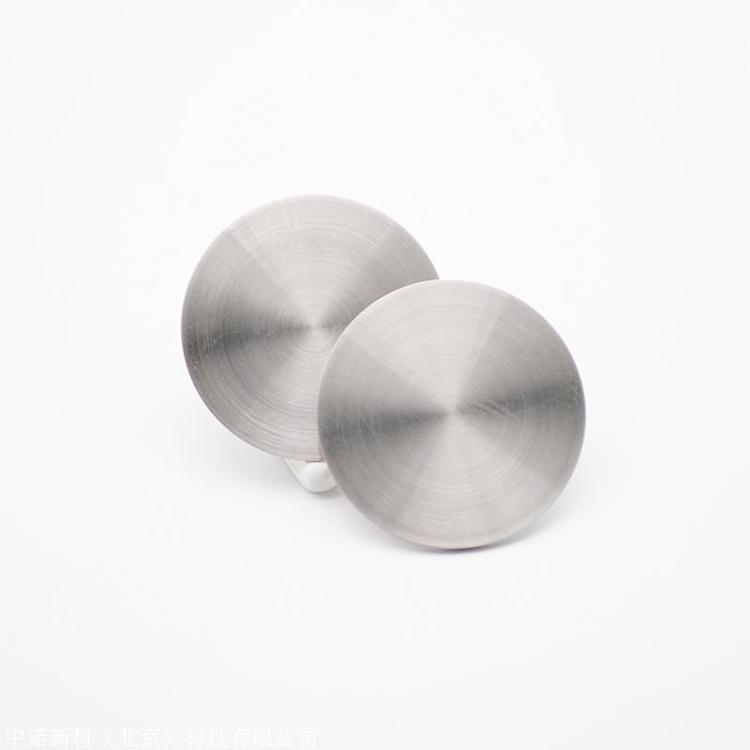
- Excellent Reflectivity: Ideal for optical and decorative applications.
- High Corrosion Resistance: Suitable for harsh environments and chemical exposure.
- Superior Thermal Stability: Ensures performance under high temperatures.
- High Conductivity: Reliable for electronic applications.
- Customizable Configurations: Available in various sizes, purities, and bonding options.
-
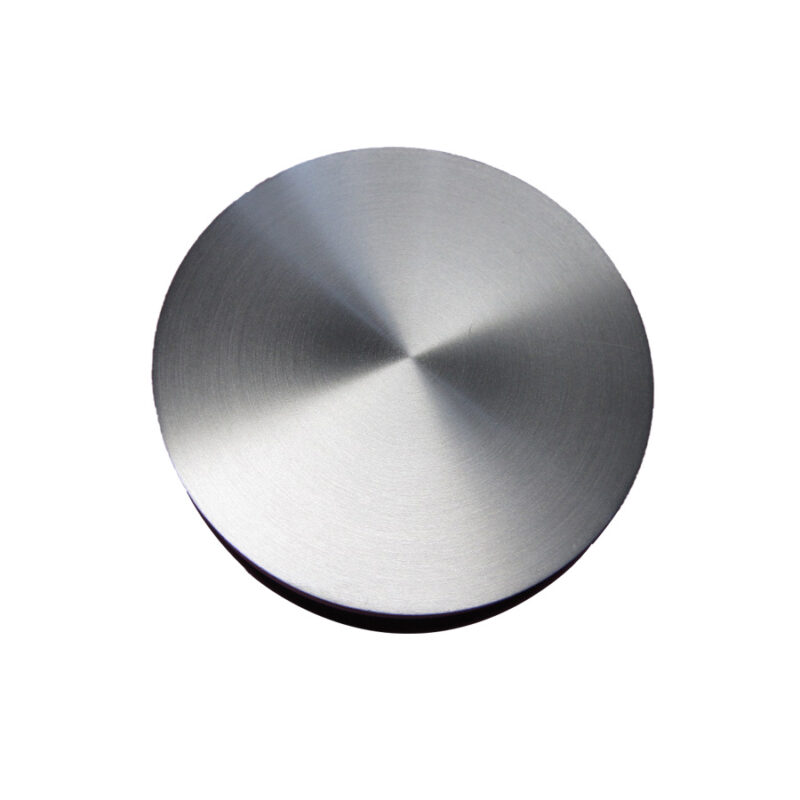
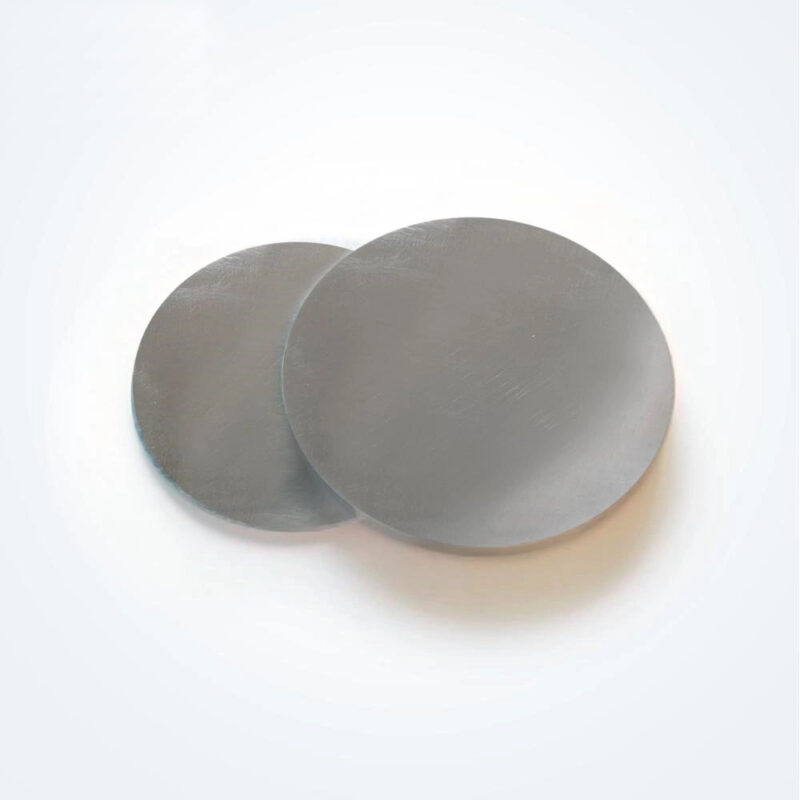
Ruthenium (Ru) sputtering targets are used in physical vapor deposition (PVD) processes to create thin films and coatings on various substrates. Ruthenium, a platinum group metal, is valued for its excellent hardness, corrosion resistance, and high melting point, making it ideal for applications in electronics, data storage, and catalysis.
-
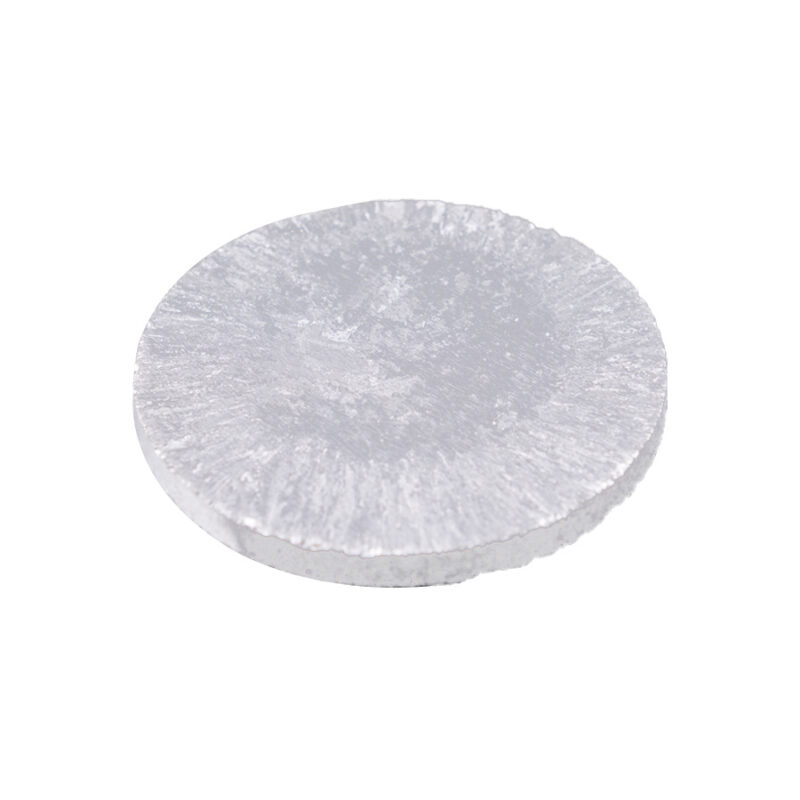
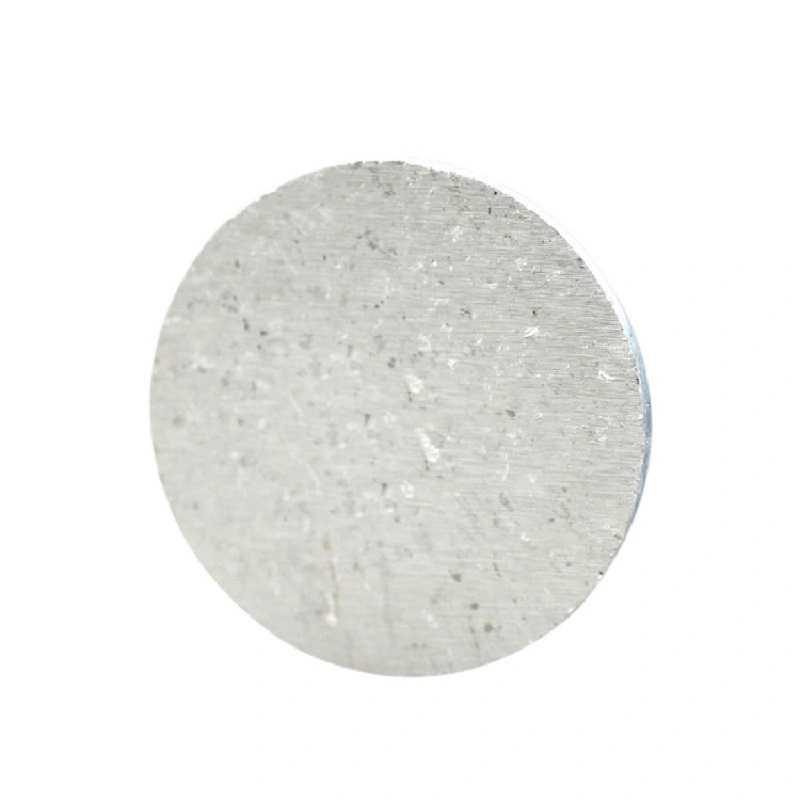
- Thickness: The thickness of the stibium coating can be precisely controlled during the sputtering process, allowing for tailored solutions to meet specific application needs.
- Alloys: Stibium sputtering targets can be produced as pure antimony or in alloyed forms, such as antimony-tin (Sb-Sn) or antimony-lead (Sb-Pb), depending on the desired properties of the thin film.
- Backing Plates: Stibium targets can be bonded to backing plates made from materials like copper or molybdenum to improve thermal conductivity and mechanical stability during the sputtering process.
-
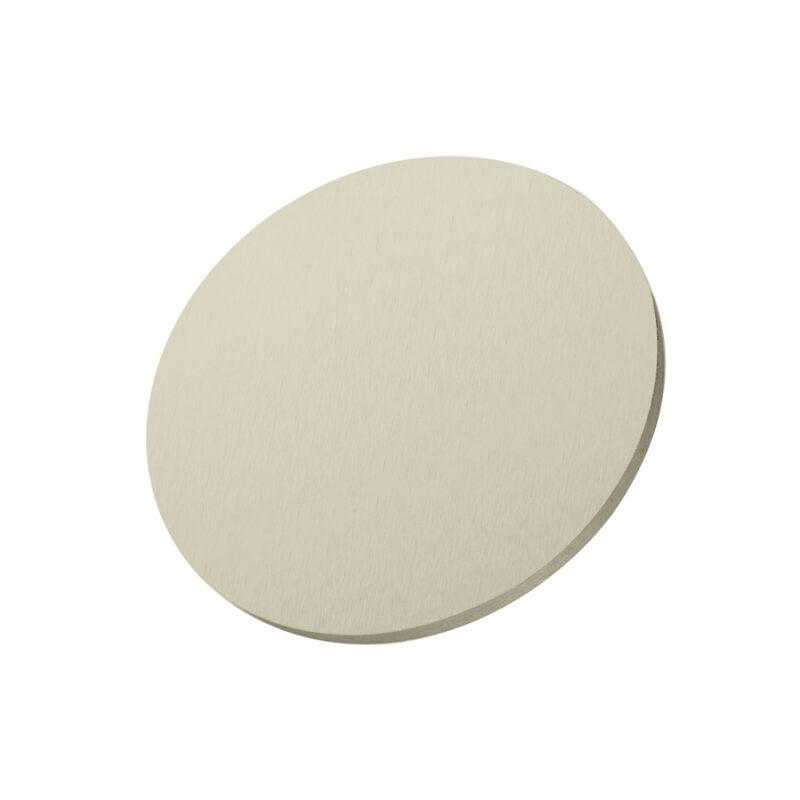
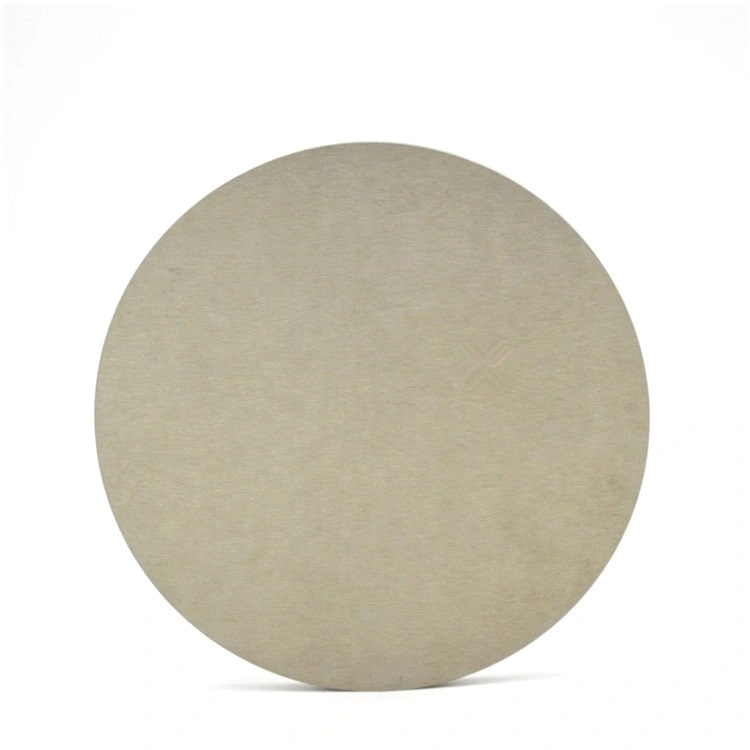
Scandium sputtering targets are essential in applications that require lightweight, high-performance coatings, particularly in the semiconductor, aerospace, and advanced materials sectors. Despite its rarity, scandium’s unique properties make it a valuable material for cutting-edge technologies.
-
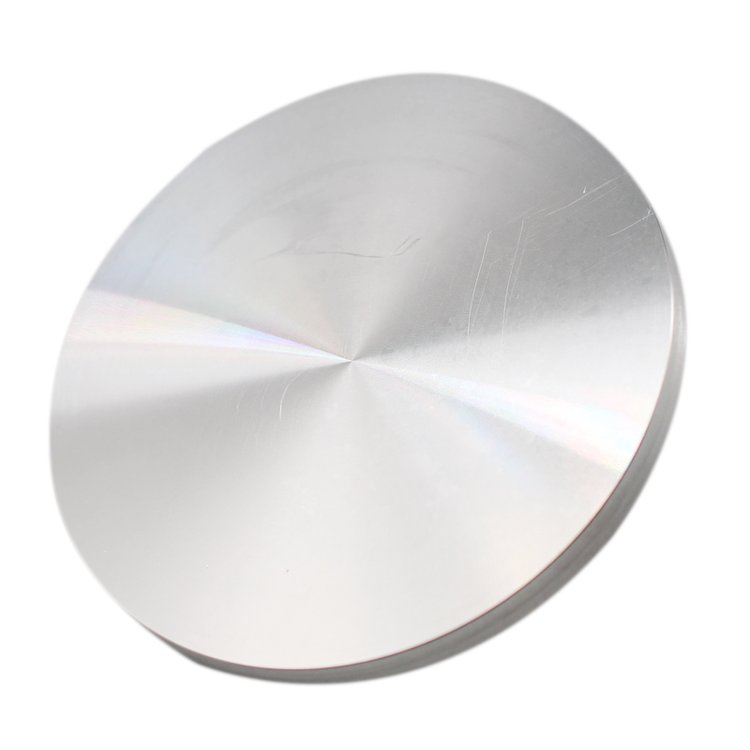
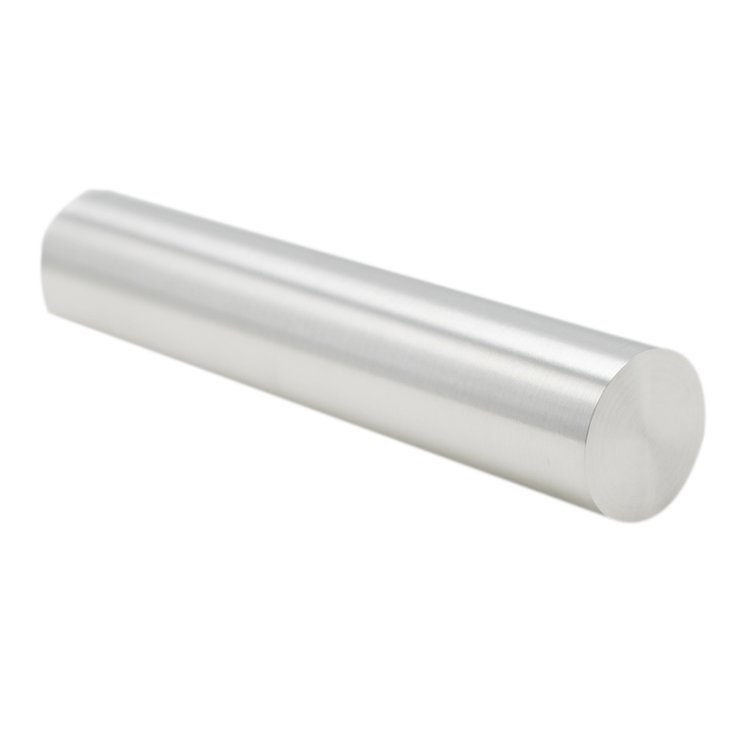
- High Purity: Typically available in purities of 99.9% (3N) to 99.9999% (6N), ensuring high-quality deposition with minimal impurities.
- Good Conductivity: Tin is an excellent conductor of electricity, making it ideal for electronic and semiconductor applications.
- Corrosion Resistance: Exhibits resistance to oxidation and corrosion, ensuring durable and stable coatings.
- Low Melting Point: Tin has a relatively low melting point (232°C), facilitating efficient sputtering processes.
- Versatility: Suitable for creating uniform films in a range of applications, including electronic, decorative, and optical coatings.
-
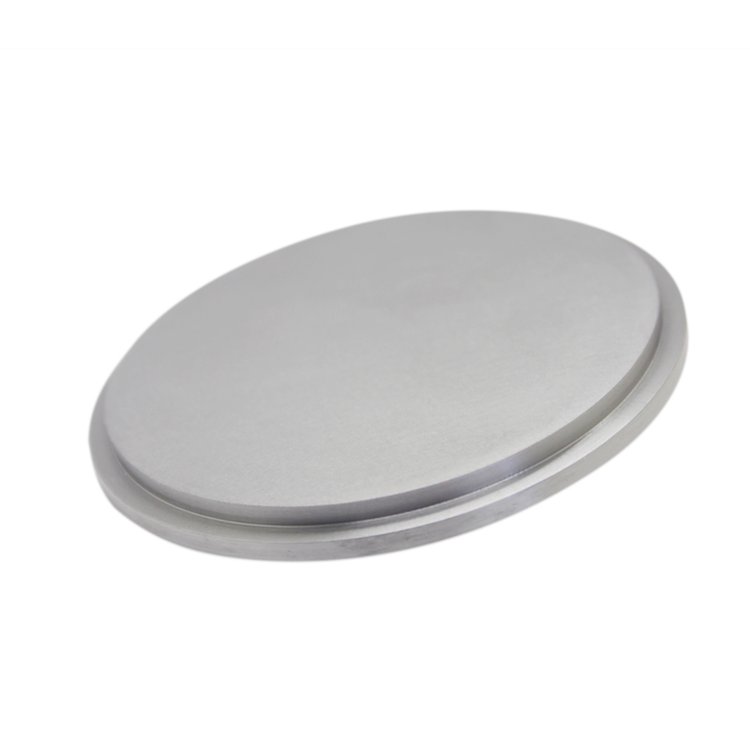
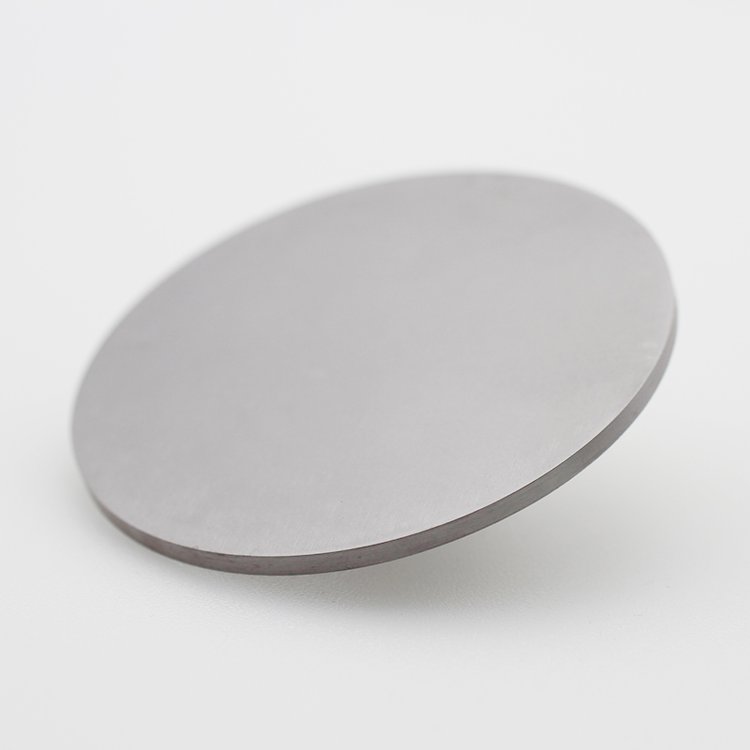
- High Purity: Ensures contamination-free thin films for critical applications.
- Corrosion Resistance: Withstands harsh chemical environments.
- High Melting Point: Stable under extreme thermal conditions.
- Superior Electrical Conductivity: Suitable for advanced electronic devices.
- Customizable Options: Adaptable to specific design and operational requirements.
-
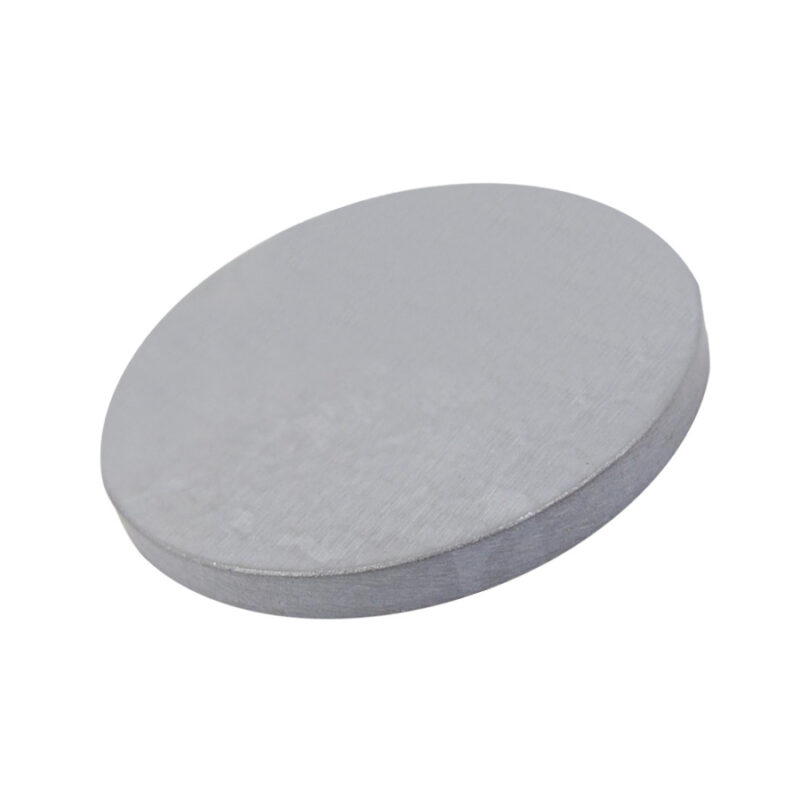
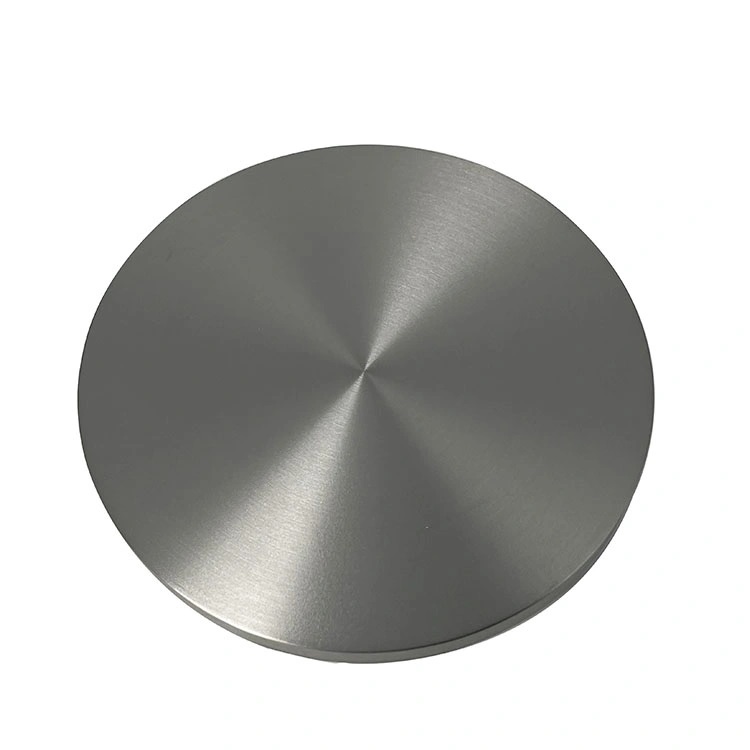
Terbium sputtering targets are essential in the production of thin films with unique magnetic and optical properties, making them invaluable in advanced technologies such as magneto-optic devices, magnetic refrigeration, data storage, and high-performance displays. Despite its rarity, terbium’s distinct characteristics offer significant advantages in specialized industrial and technological applications.
-
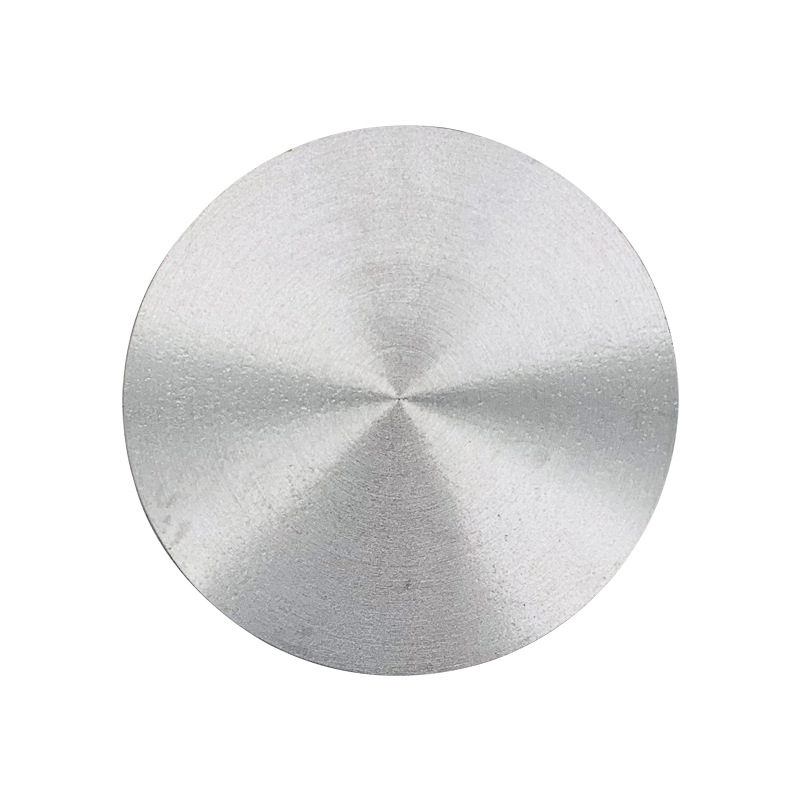
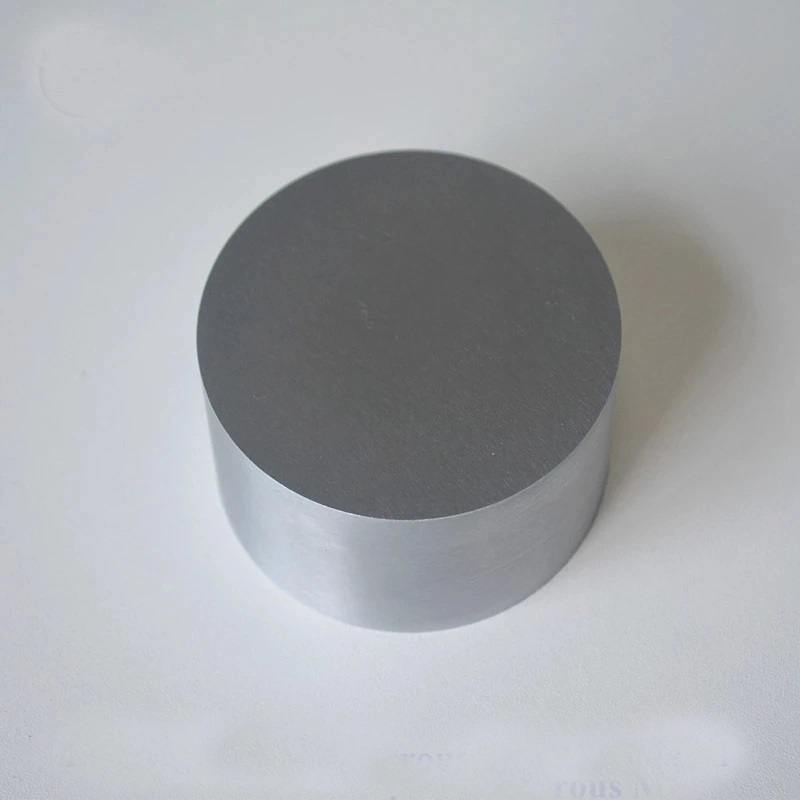
Titanium (Ti) sputtering targets are widely used in physical vapor deposition (PVD) processes to create thin films and coatings on various substrates. Titanium is known for its high strength-to-weight ratio, excellent corrosion resistance, and ability to form strong bonds with a variety of materials, making it an ideal choice for many industrial applications.
-
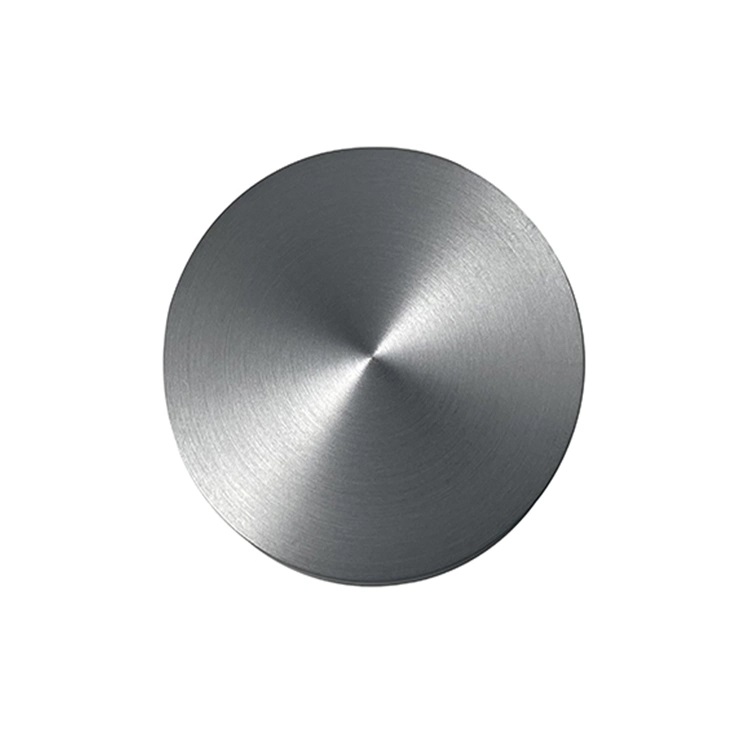
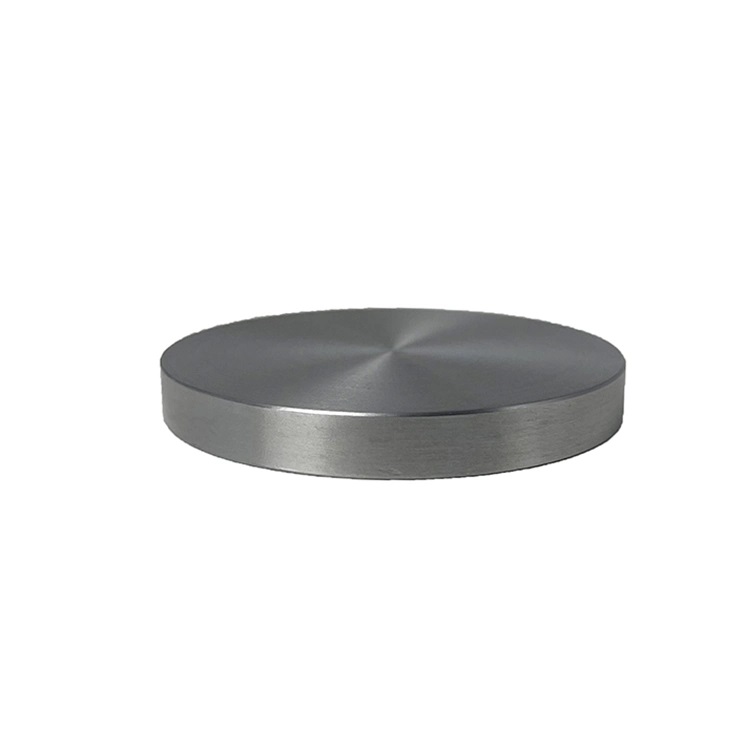
Vanadium sputtering targets are essential in industries that require strong, corrosion-resistant, and stable thin films. Their use in semiconductors, aerospace, superconducting materials, and energy storage highlights the versatility and importance of vanadium in advanced technology applications.
-
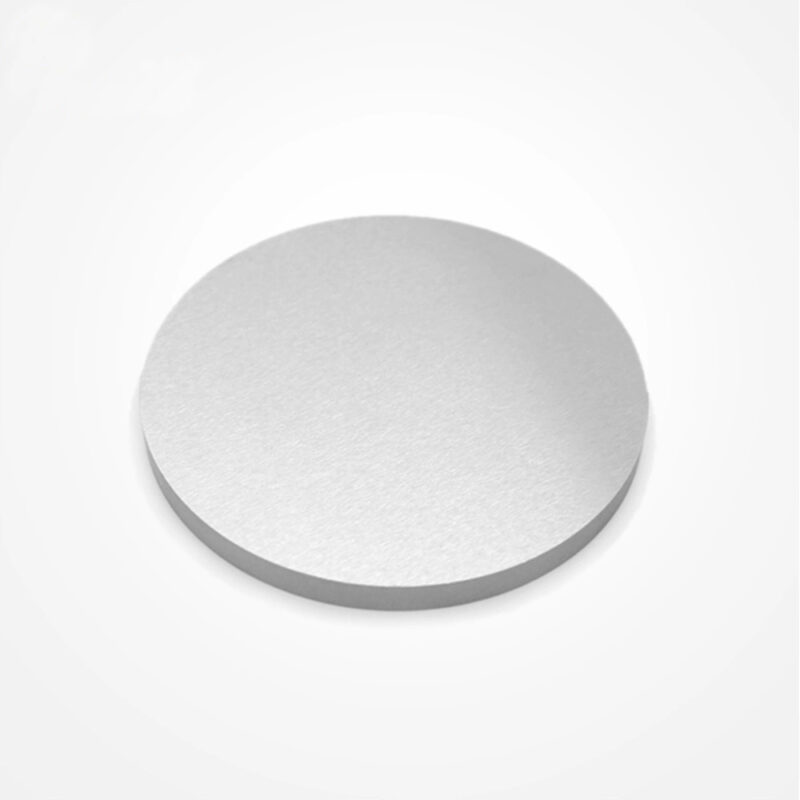
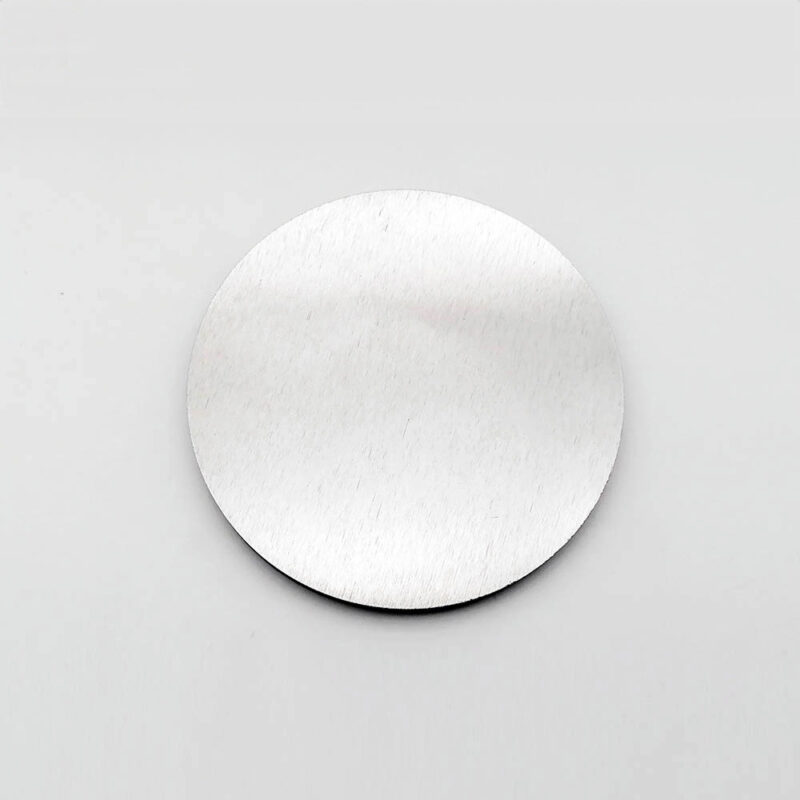
Tungsten sputtering targets are indispensable in industries that demand materials with high thermal and electrical conductivity, exceptional strength, and stability at extreme temperatures. These properties make tungsten a critical material in electronics, aerospace, energy, and medical applications.























